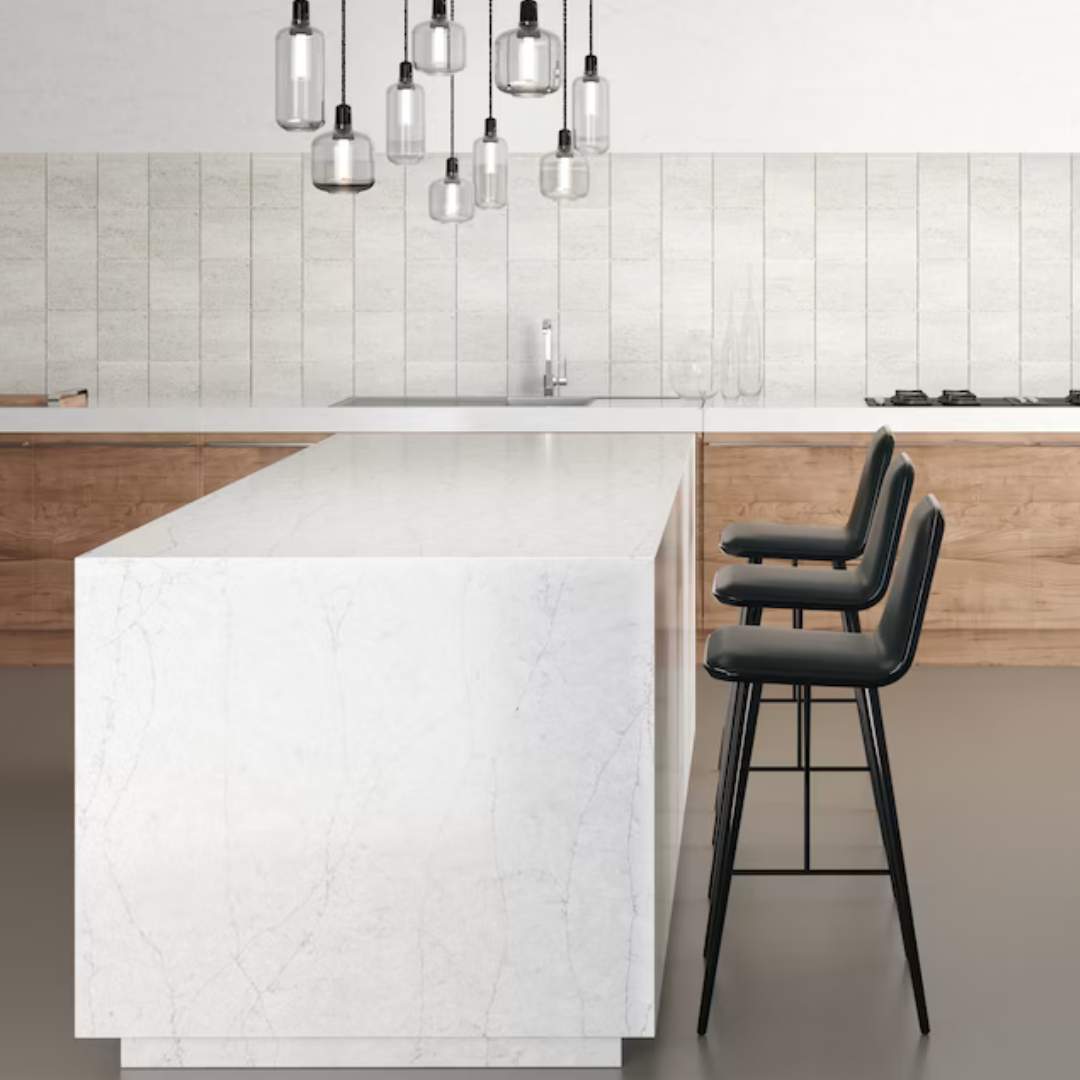
Silestone Quartz Countertops: Transform Your Kitchen
Are you considering a kitchen makeover and exploring countertop options? If so, let’s dive into the world of Silestone quartz countertops – a fantastic choice that combines elegance with practicality. Here is a guide to help you understand why Silestone quartz might be the perfect fit for your kitchen renovation journey.
Silestone Definition: What is Silestone?
Silestone is a type of Quartz but different from your run-of-the-mill countertop material. It’s primarily made of 94% quartz, fortified with resins and adhesives, making it incredibly hard and resistant to scratches, stains, and dents. Say goodbye to the worries of permanent stains from your favorite cooking liquids – Silestone quartz is here to handle it all.
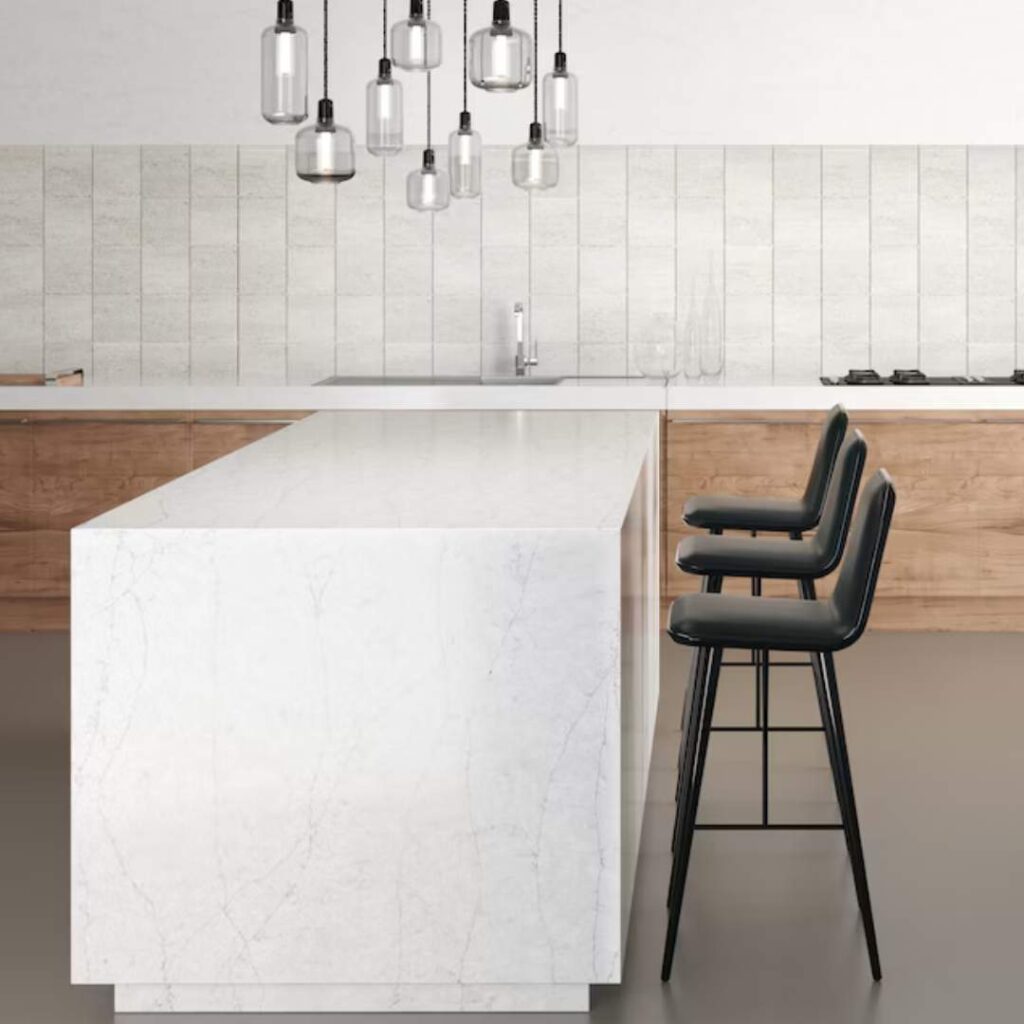
Why Choose Silestone Quartz?
Picture this: a countertop that seamlessly blends beauty with durability, making your kitchen the heart of your home. That’s what Silestone quartz brings to the table – quite literally! Silestone is not just a countertop; it’s a transformation waiting to happen.
Versatility Beyond the Countertop
Who said Silestone is limited to countertops? This versatile material can adorn tabletops, floors, vanities, walls, and even fireplace surrounds. It’s a design chameleon, ready to enhance every corner of your kitchen and beyond.
Top 10 Silestone Quartz Colors

Silestone
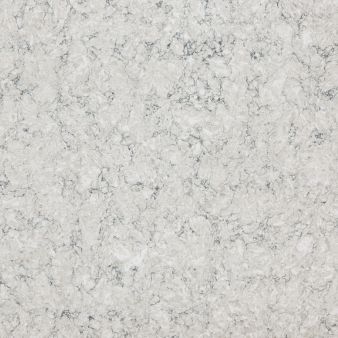
Silestone Pietra
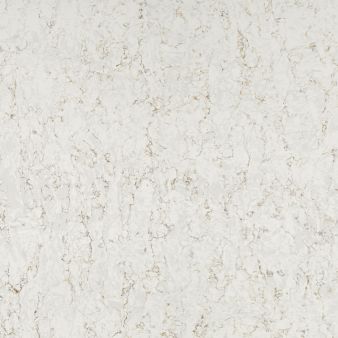
Silestone Lusso
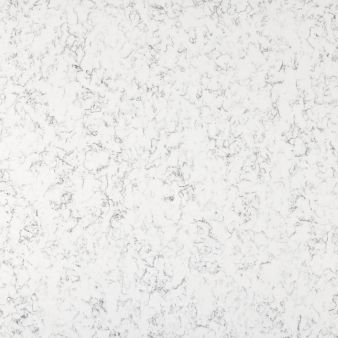
Silestone Lyra
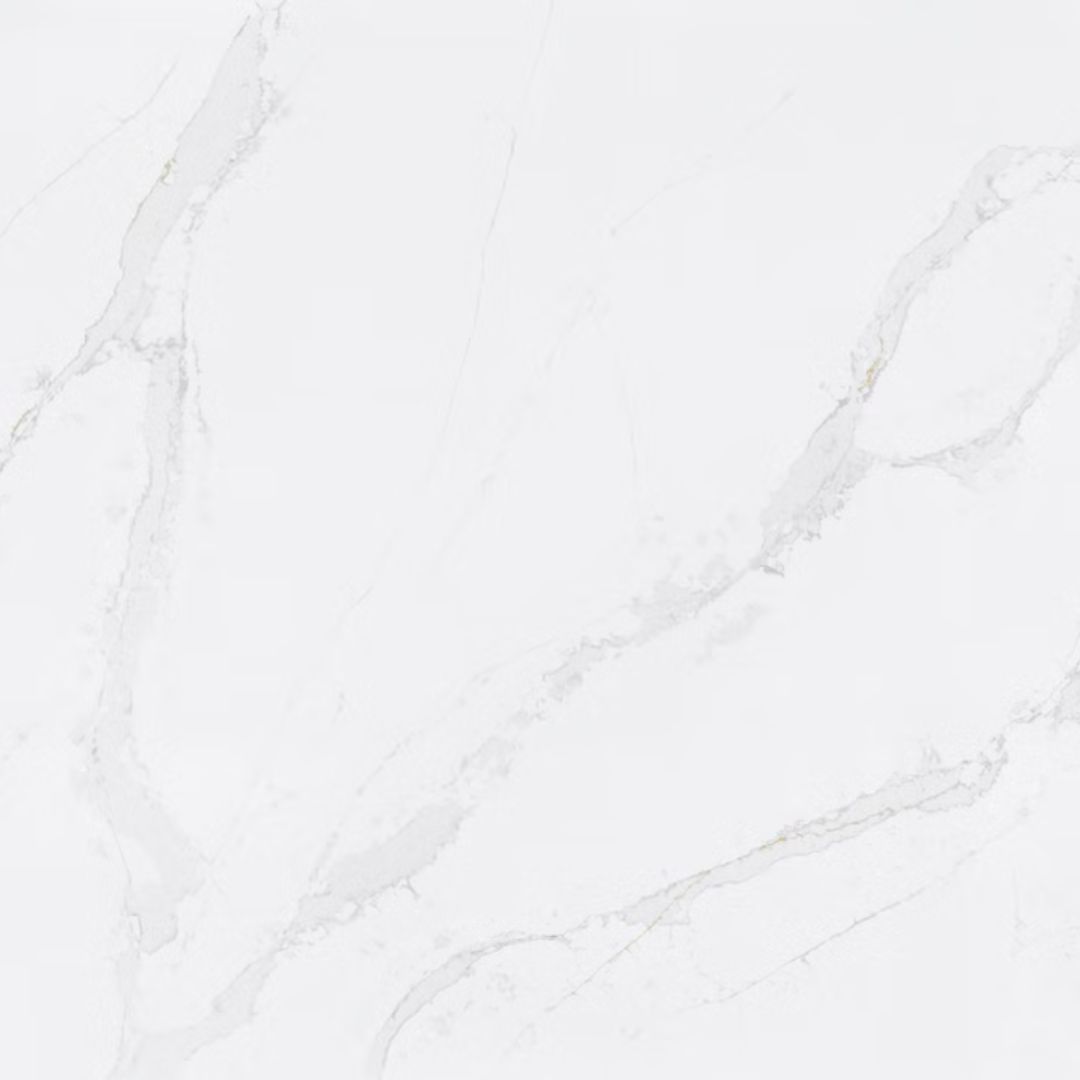
Silestone Calacatta Gold
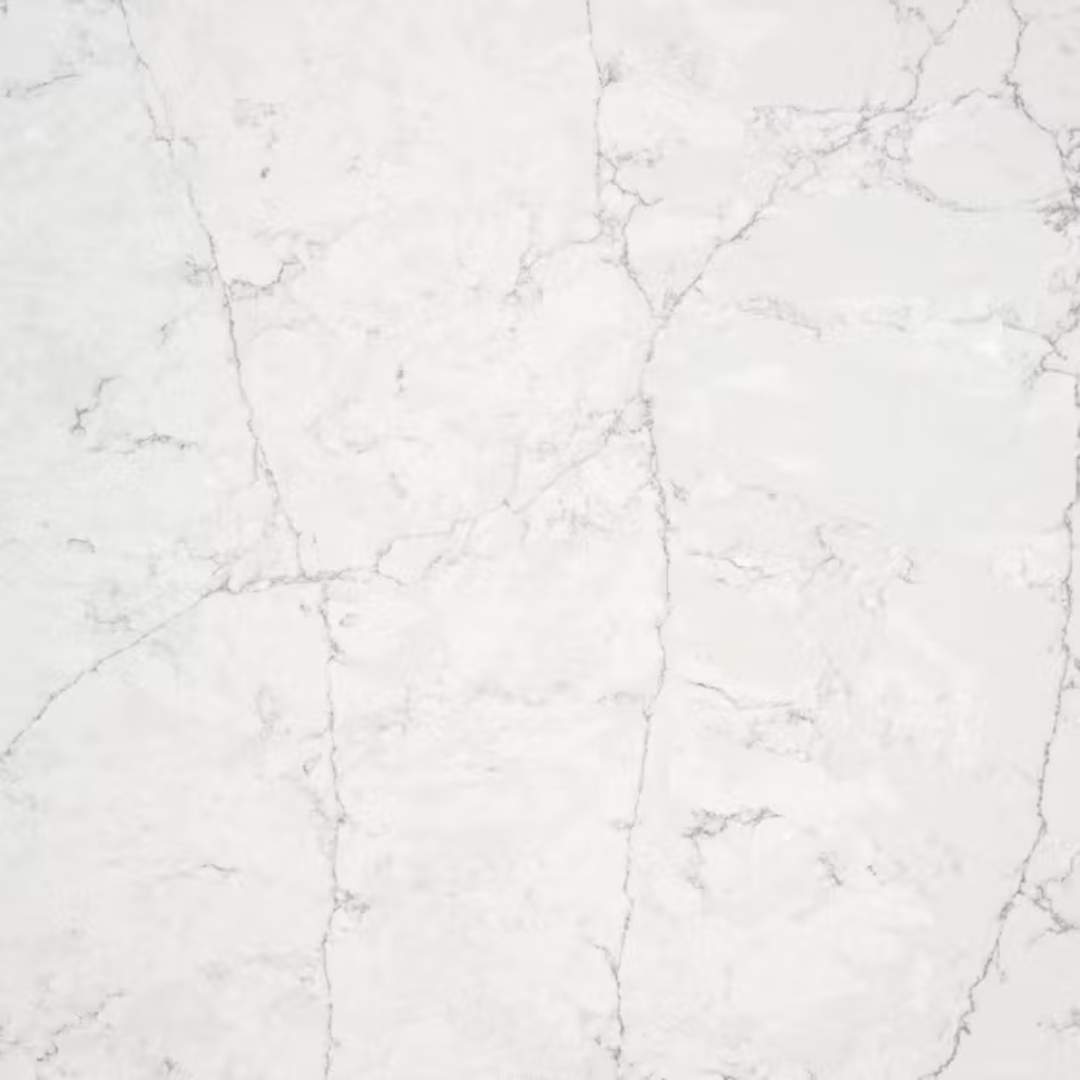
Silestone Pearl Jasmine

Silestone Desert Silver
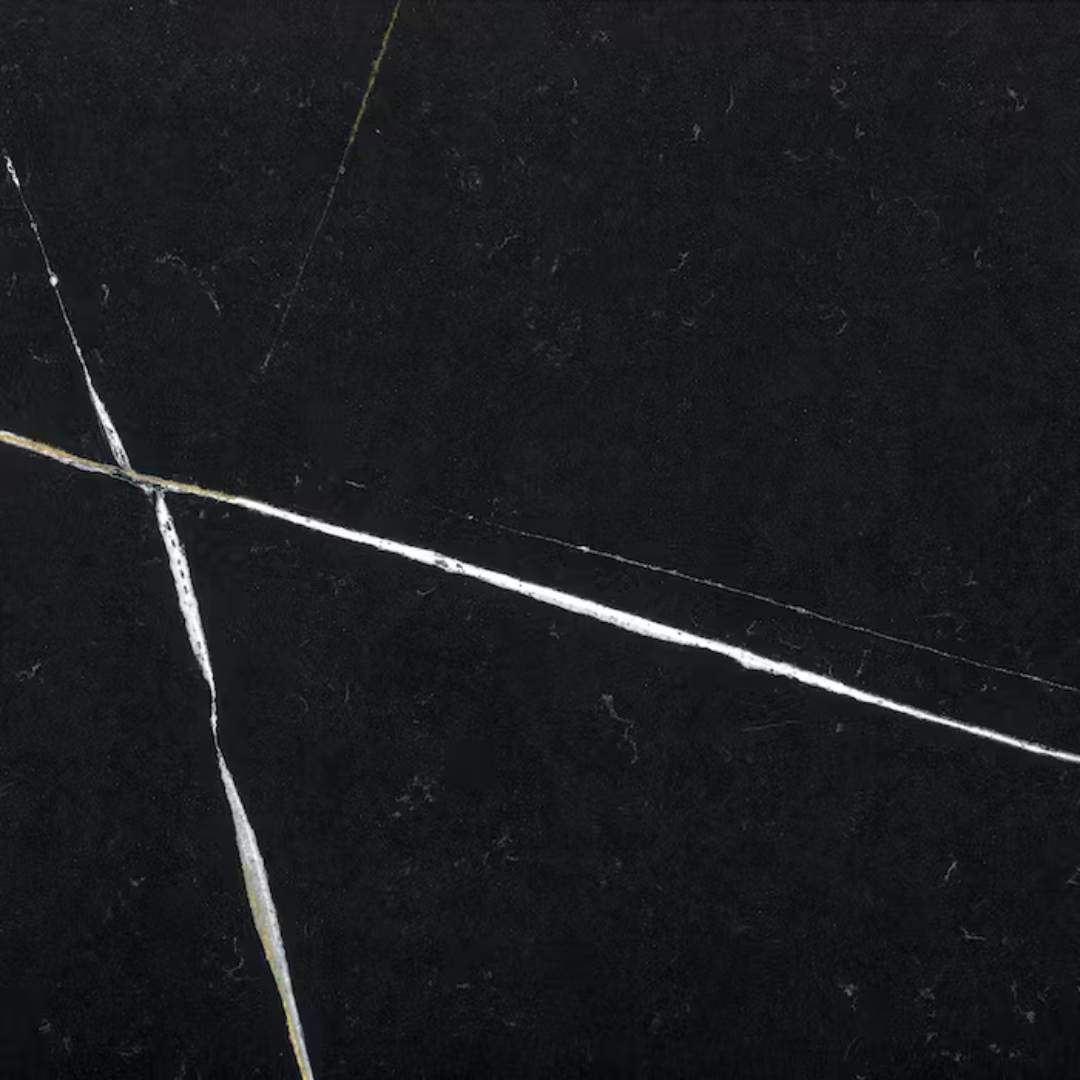
Silestone Eternal Noir

Silestone Eternal Marfil
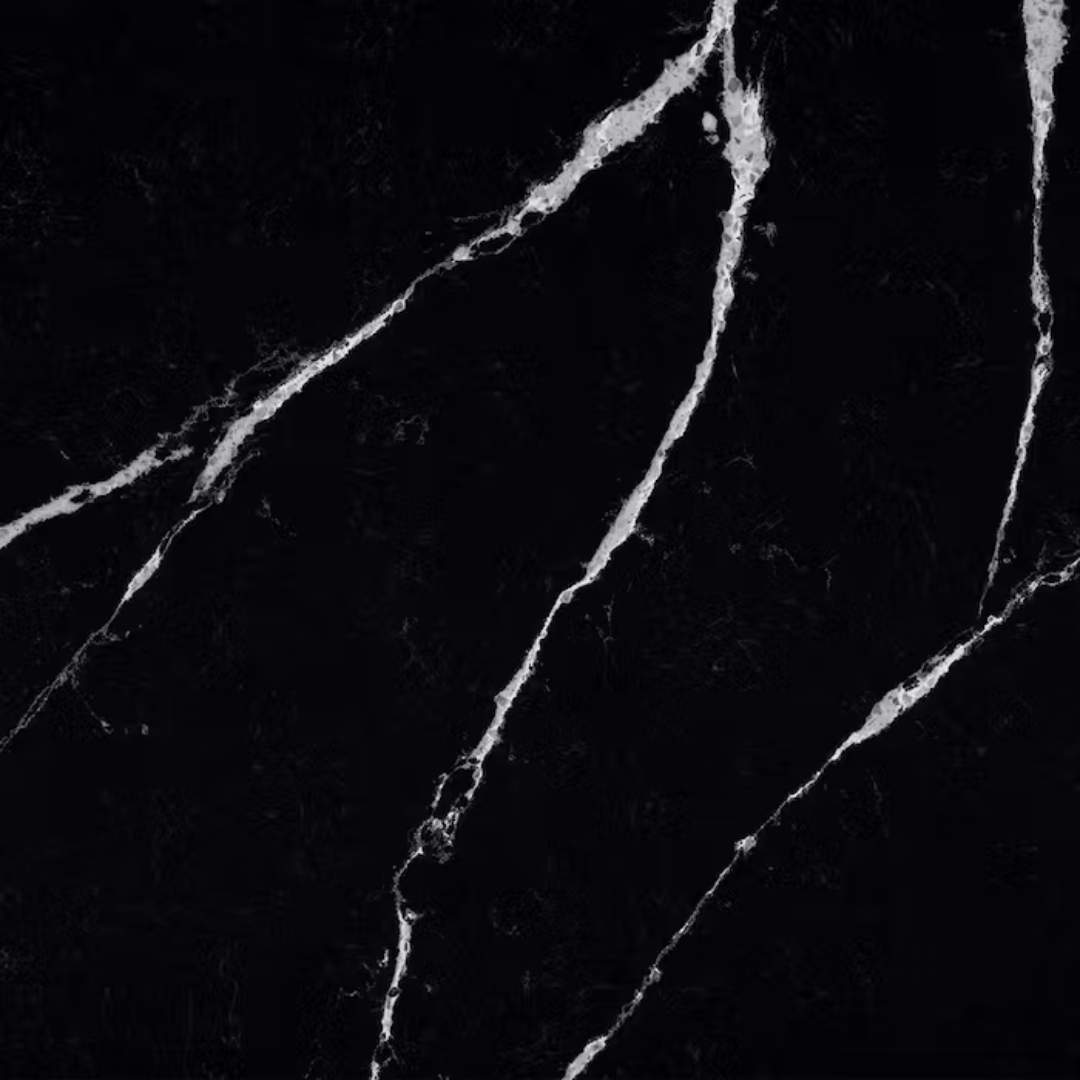
Silestone Eternal Marquina
The palette of popular Silestone quartz colors is as diverse as it is exquisite. From the timeless charm of Silestone Calacatta Gold (AKA Eternal Calacatta Gold Silestone) to the captivating allure of Silestone Eternal Marquina, each color in this selection brings its unique character to your interior spaces. The icy elegance of Silestone Desert Silver and the sophisticated tones of Silestone Eternal Noir add a touch of refinement. At the same time, the warm and minimalist appeal of Silestone Eternal Marfil contributes to a cozy ambiance.
How Much Does a Silestone Quartz Countertop Cost?
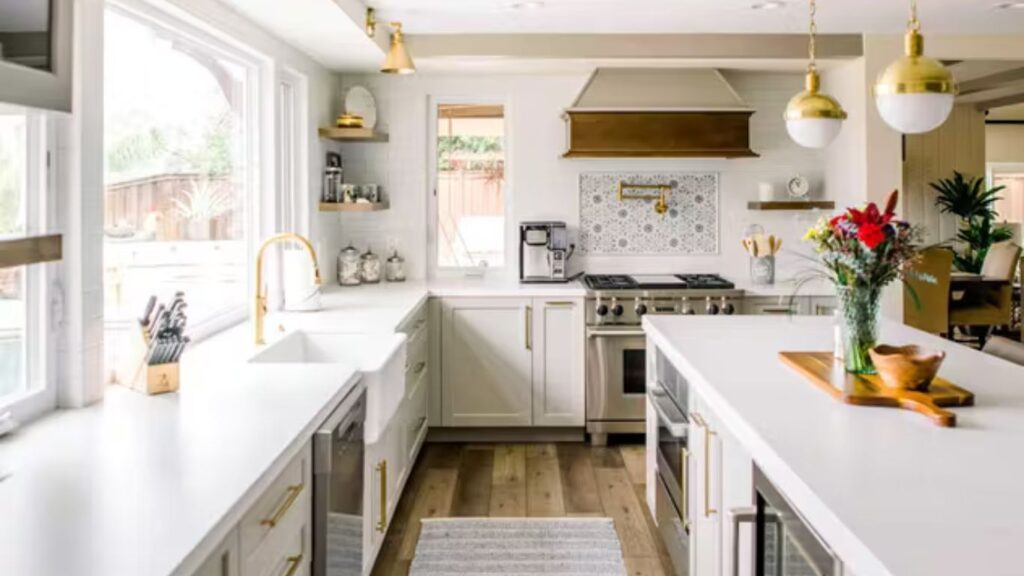
Silestone countertops, a popular choice among quartz surfaces, range in Cost from $1,800 to $5,600, with an average of $3,700. Factors such as slab thickness, customization, and square footage influence the overall expense, typically averaging between $60 and $150 per square foot.
Cost Breakdown:
Low Cost: $1,800
Average Cost: $3,700
High Cost: $5,600
Silestone Countertop Installation Cost Factors
1. Cost of Silestone per Square Foot:
Silestone countertops range from $60 to $150 per square foot. The material comes in slabs, requiring more than the exact square footage, influencing costs.
2. Silestone Slab Size and Thickness:
Standard slabs (120 by 55 inches) cost $50 to $100 per square foot. Upgrading to a 1 1/4-inch thick slab adds $5 per square foot, increasing potential labor costs.
3. Countertop Installation Location:
Costs vary based on the countertop size and location in the house, with options for standard and jumbo slabs suitable for different projects.
4. Edging and Customizations:
Detailed edges, cutouts for sinks or cooktops, and decorative elements impact costs, ranging from $15 to $150 per linear foot or square foot.
5. Labor Costs:
Labor for installation ranges from $10 to $40 per square foot, influenced by factors like slab thickness and customization. Design complexity may push costs closer to $40 per square foot.
Silestone Countertop Design Groups and Price Ranges:
Silestone quartz is categorized into six price groups, ranging between $60 to $150 per square foot. Designs vary from solid colors to detailed veining, offering options for different budgets.
- Group 1: $60 – $80
- Designs: Black, Blanco City, Blanco Matrix, Grey Expo, Lena, Marengo, Miami, Vena, Noka, Tebas
- Group 2: $65 – $85
- Designs: Bamboo, Capri Limestone, Cemento Spa, Coral Clay, Cygnus, Helix, Ironbark, Pulsar, Royal Reef, Unsui, White North, White Storm
- Group 3: $70 – $90
- Designs: Alpina White, Ariel, Blanco Maple, Desert Silver, Kimbler Mist, Mountain Mist, Pacifica, Sienna Ridge, Silken Pearl, Tigris Sand, Yukon
- Group 4: $75 – $95
- Designs: Blanco Orion, Blanco Zeus, Calypso Charcoal Soapstone, Copper Mist, Iconic Black, Kensho, Lagoon, Lusso, Lyra, Pearl Jasmine, Stellar Night, Stellar Snow
- Group 5: $80 – $100
- Designs: Eternal Bella, Eternal D’or, Eternal Emperador, Eternal Marfil, Eternal Serena, Ocean Jasper, Ocean Storm, Pietra
- Group 6: $90 – $150
- Designs: Basic Calacatta, Classic Calacatta, Eternal Calacatta Gold, Eternal Marquina, Eternal Noir, Polaris, White Diamond
Silestone Countertops: Additional Costs to Consider
Removal of Existing Countertops:
Removal costs range from $50 to $300, impacting the overall project budget.
Polishing:
Choosing textures like suede or volcano can add over 10% to costs, providing a rustic, matte appearance.
Backsplash, Sink, and Other Installations:
Backsplash installation costs $50 to $150 per square foot, while new sink installation ranges from $250 to $1,000.
Silestone Countertops: DIY vs. Professional Installation
DIY installation may save $10 to $40 per square foot in labor costs, but professional installation is recommended due to the complexity and potential for costly mistakes. Hiring a pro ensures a proper and durable installation.
10 Important Characteristics of Silestone Quartz
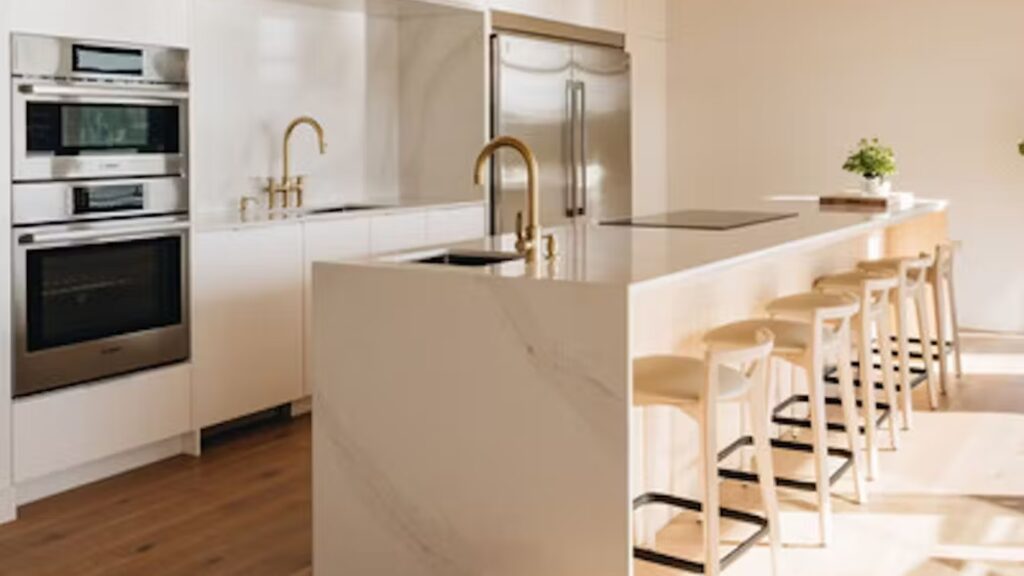
It is a very popular brand of engineered quartz countertops known for its durability, versatility, and aesthetic appeal. Here are the most important ten facts about Silestone:
1. Composition:
Silestone primarily comprises natural quartz crystals, resins, and pigments. Combining these materials results in a complex, durable surface resistant to scratches and stains.
2. Variety of Colors and Patterns:
Silestone provides an extensive array of colors and patterns, granting homeowners the flexibility to select a countertop that enhances the design of their kitchen or bathroom. The available color choices are varied, spanning from timeless neutrals to striking and lively shades.
3. Uniform Appearance:
Unlike natural stone surfaces, Silestone provides a more uniform appearance throughout the slab. This consistency makes it easier for homeowners to predict and control the aesthetic outcome of their countertops.
4. Non-Porous Nature:
Silestone is a non-porous material that does not absorb liquids. This characteristic makes the surface highly resistant to stains from common kitchen substances like coffee, wine, and oils.
5. Low Maintenance:
Silestone countertops are low-maintenance and do not require sealing, unlike natural stone surfaces like granite or marble.
6. Scratch Resistance:
Thanks to its high quartz content, Silestone is resistant to scratches and abrasions. While it’s not entirely scratch-proof, it can hold normal wear and tear.
7. Heat Resistance:
Silestone has good heat resistance but is not entirely impervious to heat damage. To shield the surface from direct contact with hot cookware, utilize trivets, cloths, or hot pads.
8. Versatility in Use and Applications:
Silestone can be used for various applications beyond countertops, including backsplashes, walls, and even flooring. Its adaptability makes it a popular choice for different areas of the home.
9. Silestone Quartz Brand Innovations:
Silestone quartz is known for incorporating innovative technologies into its products. For example, introduction of HybriQ+® technology reduces crystalline silica content, making the material more sustainable and environmentally friendly.
10. Warranty:
Silestone countertops typically come with a warranty, providing homeowners with assurance regarding the product’s quality and performance over time.
Silestone vs. Quartz
Navigating the Silestone vs Quartz debate may seem intricate, given that Silestone is essentially a brand of quartz countertops crafted by the esteemed Spanish company Cosentino. Quartz countertops, in general, are engineered surfaces comprising natural quartz crystals, resins, polymers, and pigments, providing a durable and low-maintenance alternative to natural stones like granite or marble. As a specific brand, Silestone adds its unique flair to the quartz landscape. It embraces technologies such as HybriQ+® to reduce crystalline silica content, making it more sustainable. Silestone boasts a rich variety of colors and patterns, some mimicking the elegance of natural stones like marble.
The Comparison
When comparing quartz countertops and Silestone, factors like variety, durability, and maintenance exhibit similarities, as both offer diverse design options and share low-maintenance characteristics. Budget considerations also play a role, influencing the decision between generic quartz and a brand like Silestone.
Silestone vs. Marble
These two materials, Silestone and marble, represent two distinct choices in countertops, each possessing unique characteristics that cater to different preferences and lifestyles.
Description of Silestone Quartz:
Silestone Quartz is an engineered quartz surface produced by Cosentino and is a durable and easy-to-maintenance alternative to natural stones like marble. Composed primarily of quartz crystals, resins, and pigments, Silestone boasts impressive resistance to scratches, stains, and bacteria growth. Its extensive color palette features vibrant and solid hues that set it apart in the market.
Marble Definition:
Marble, a classic and luxurious natural stone, is celebrated for its timeless beauty and unique veining patterns. While marble countertops add unparalleled elegance to spaces, they require more maintenance than Silestone. Marble is vulnerable to staining, scratching, and etching, necessitating regular sealing and careful cleaning. The choice between Silestone and marble ultimately hinges on the balance between aesthetic preferences and the practical considerations of maintenance and durability.
Silestone Quartz – Conclusion
Silestone emerges as a top contender in the grand scheme of kitchen renovations. Its simple beauty, elegance, low maintenance, and high durability make it a great choice for homeowners seeking a kitchen transformation. So, let Silestone be the brushstrokes that turn your kitchen into a masterpiece!
Frequently Asked Questions about Silestone Quartz
Which is better, Silestone or quartz?
Silestone is a kind of quartz, so its ability to resist scratches is superb. Only a few natural materials are harder and tougher than quartz, making Silestone an excellent choice for those prioritizing durability.
Which is better, Silestone or Corian?
Silestone exhibits better resistance to brief contact with hot pots directly from the stove, providing increased adaptability. In contrast, Corian is more susceptible to minor scorching or discoloration under high heat, so the use of trivets is recommended. Silestone countertops‘ high mineral content also makes them scratch-resistant, enhancing their suitability for a busy kitchen.
Which quartz is better, Silestone or Cambria?
Silestone might be preferable for a modern-style kitchen, while Cambria could be better suited for kitchens with a more traditional aesthetic.
What are the complaints about Silestone?
One significant concern is that Silestone is not heat-resistant, posing an issue in kitchens where hot pans, pots, and baking sheets are common. A hot pot or frying pan may cause a ring to form and permanently alter the countertop’s color.
Can I put hot pans on Silestone?
Silestone is heat-resistant; however, abrupt temperature changes can affect it similarly to other stone materials. Use trivets to prevent damage when placing hot objects on the surface.
Is Silestone quartz high-end?
Silestone is from natural minerals and recycled materials, positioning it as a high-quality material used in luxury homes. With an expansive color palette and global availability, Silestone is an attractive choice for many homeowners.
What should you not use on Silestone Quartz?
Products that include oils or powders may leave a residue, and certain cleaners can dull Silestone’s finish. Oven/grill cleaner is to be avoided as it may discolor Silestone, and repetitive exposure to extreme heat can potentially damage its finish.